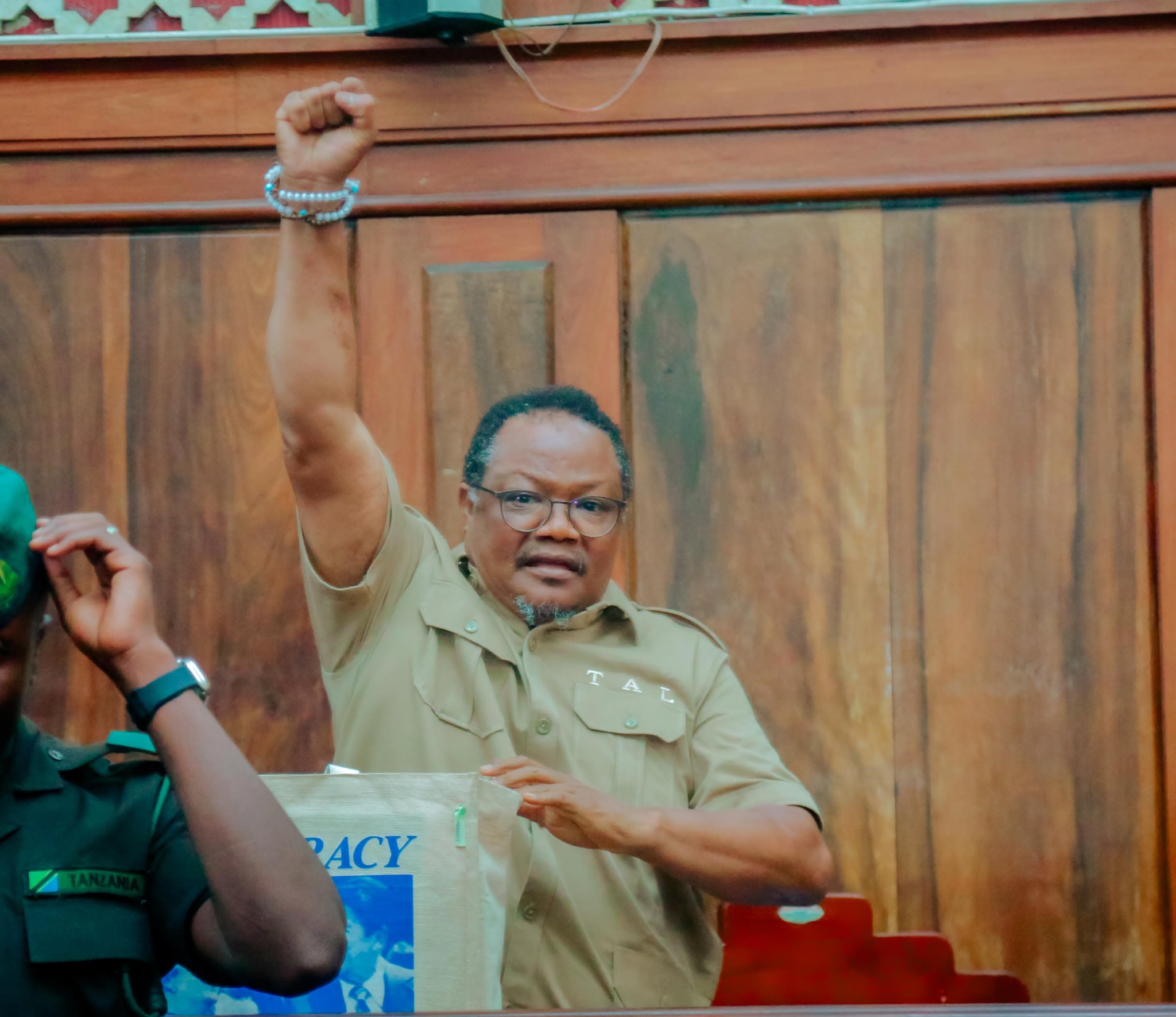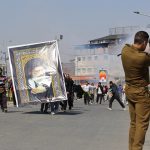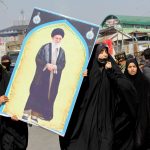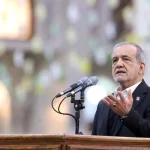The treason case against Tanzanian opposition leader and CHADEMA chairperson Tundu Lissu entered its fourth day on Thursday September 11th at the High Court in Dar es Salaam, with Lissu continuing to press his objections against the way his case was brought to trial. Lissu who continues to represent himself, told the three-judge panel that his legal challenge is not about seeking sympathy but about demanding justice under the law.

“Getting sympathy when you are wronged is not a crime, but what matters is justice. I am not asking you to decide in my favor because of sympathy. I want justice in line with your oaths and the law,” Lissu said.
Lissu has been in detention for 157 days since his arrest in April in Mbinga, Ruvuma, where he was picked up after addressing a public rally under CHADEMA’s “No Reforms, No Election” campaign. He now faces one of the most serious charges in Tanzanian law, treason, which carries the death penalty.
Lissu told the judges that the Kisutu Resident Magistrates’ Court never had the authority to commit his case to the High Court and that the entire process was flawed. He pointed to what he described as serious irregularities at Kisutu, including adjournments without proper reasons, failure to record the names of his defense witnesses and contradictions in the case files. According to him, the copy he received in prison had only 16 pages, while the official High Court record contained more than 100.
“If you find one or two errors, you might call them mistakes but when you see them repeated across a hundred pages, you must ask if they were deliberate,” he argued.
He also said the failure to list his defense witnesses during the committal stage violated his rights under section 264 of the Criminal Procedure Act, and by extension denied him the chance to have summons formally issued as provided under sections 281 and 314.
State attorneys, led by Principal State Attorney Nassoro Katuga and Job Mrema, insisted that Kisutu had jurisdiction under the Criminal Procedure Act and that any record errors were minor and did not affect the case. They described Lissu’s arguments as attempts to delay the trial and draw sympathy, urging the High Court to proceed.
The High Court panel, led by Justice Dunstan Ndunguru, praised both sides for their detailed submissions and announced that a ruling on Lissu’s objection will be delivered on Monday, September 15th, at 9 a.m. If the court dismisses the objection, the treason trial will proceed in full. If it agrees with Lissu, the proceedings could be thrown out, potentially setting him free.
The case, officially registered as Criminal Case No. 19605 of 2025, remains under close watch by political actors, diplomats and civil society groups across East Africa, given its timing ahead of Tanzania’s October elections and the wider debate on opposition rights and electoral reforms.






